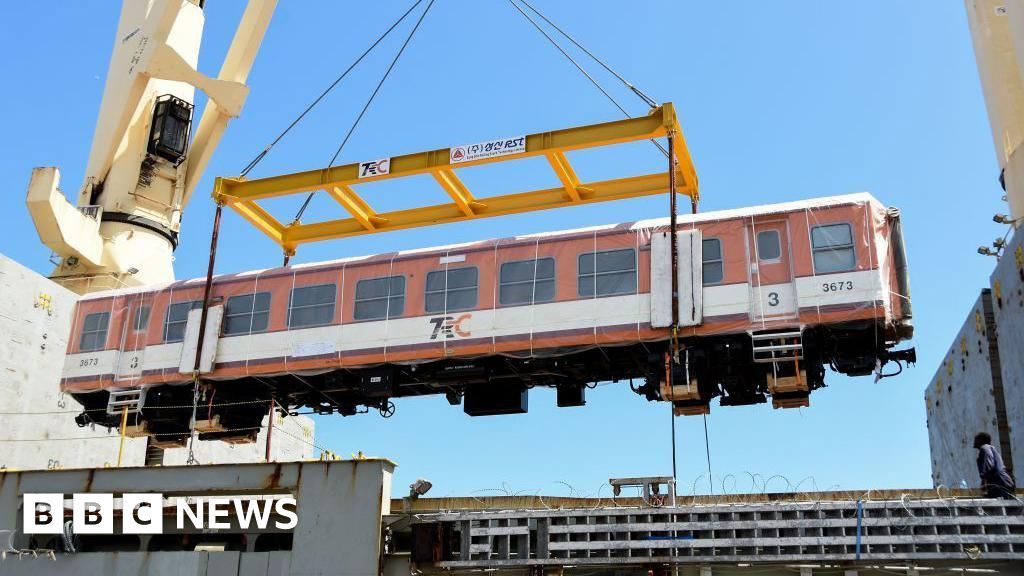Japan has launched a defense satellite designed for information-gathering and military operations on a new flagship H3 rocket, as the country seeks to build up its military capability amid growing tension in the region
ByMARI YAMAGUCHI Associated Press
November 4, 2024, 2:30 AM
TOKYO -- Japan launched a defense satellite designed for information-gathering and military operations on a new flagship H3 rocket on Monday, as the country seeks to build up its military capability amid growing tension in the region.
The H3 No. 4 rocket lifted off from the Tanegashima Space Center on a southwestern Japanese island. Everything went as planned and the satellite placed at the top of the rocket was successfully separated about half an hour after liftoff, the Japan Aerospace Exploration Agency, or JAXA, said in a livestream.
JAXA will give further details about the launch later Monday.
The rocket is carrying a Defense Ministry satellite, Kirameki No. 3, which uses X-band communication for military operations and reconnaissance, including information-gathering for signs of North Korean missile activity. X-band satellite is less affected by weather conditions and is capable of supporting stable communication. Kirameki No. 3 adds to two earlier X-band satellites already in operation.
Monday’s launch was initially planned for Oct. 20 and came after four postponements due to a technical glitch and bad weather.
The launch was the third consecutive successful flight of the H3 system after the shocking failed debut flight last year when the rocket had to be destroyed with its payload.
Japan sees a stable, commercially competitive space transport capability as key to its space program and national security.
JAXA and its main contractor, Mitsubishi Heavy Industries, have been developing the H3 launch system as a successor to its current mainstay, H-2A, which is set to retire after two more flights. MHI will eventually take over H3 production and launches from JAXA and hopes to make it commercially viable by cutting the launch cost to about half of the H-2A.

 2 weeks ago
7
2 weeks ago
7










 English (US) ·
English (US) ·